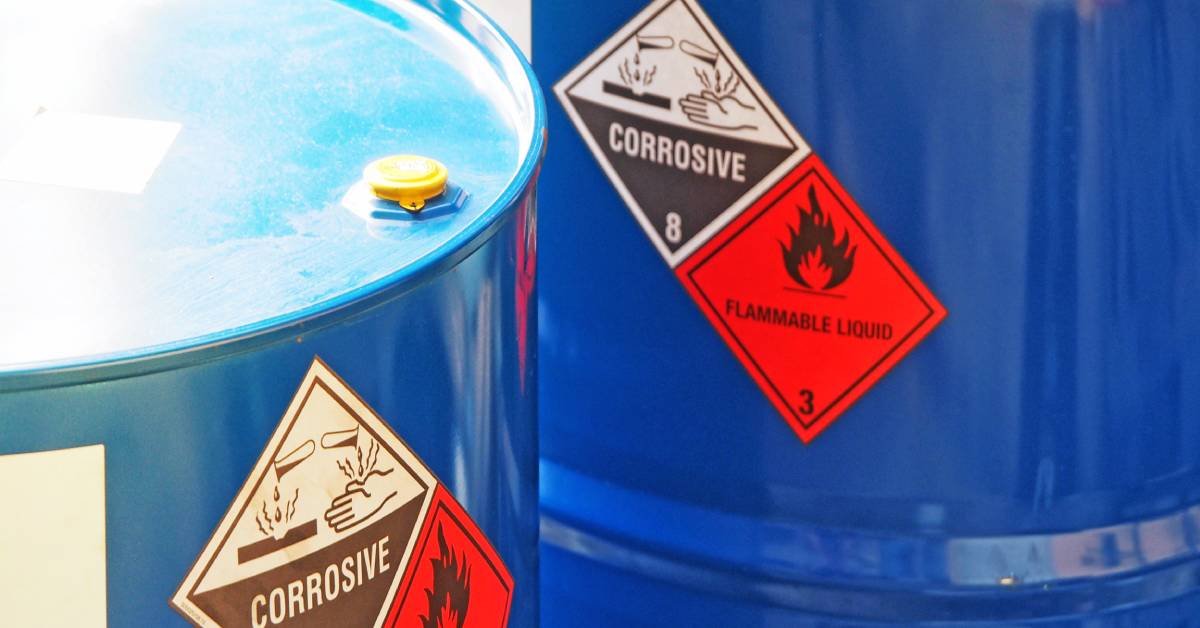Avoid These 4 Costly Mistakes in Hazardous Waste Management

Hazardous waste management is a critical issue and responsibility for any business using chemicals. Expensive penalties and fines, environmental damage, and potential harm to workers are just a few consequences of slipshod handling. To uphold workplace safety and regulatory compliance, you must understand these four common mistakes in hazardous waste management.
1. Failure To Identify Waste
What sort of waste are you dealing with? Failing to identify hazardous waste is a major mistake. Misclassification may lead to improper handling and potential legal consequences. Familiarize yourself with the Resource Conservation and Recovery Act (RCRA) classifications. Identify whether your waste is ignitable, corrosive, toxic, or reactive (that is, likely to have a negative reaction when exposed to water, air, or other substances). Know what you’re dealing with so you can properly inform others.
2. Poor Labeling
Now that you know what sort of waste you have, make sure others know it too. Clear and effective labeling helps keep track of waste while alerting others to its dangers. Inaccurate and incomplete labeling increases the likelihood of accidents. Label all hazardous waste containers with essential details: what’s inside, when it was made, and any warnings that help protect handlers and inform emergency personnel.
3. Working With Low-Quality Waste Companies
Have you fully vetted your waste disposal company? Deal only with firms that provide proof of their competence and respectability. A respected waste disposal company helps you avoid legal liabilities and other problems. Cheaper operations with no credentials or customer testimonials may engage in improper and illegal disposal, endangering the environment and anyone living or working near the disposal site. Partnering with unverified and noncompliant waste vendors may seem like a money-saving measure, but it’s not. You’ll pay through levied fines, potential time in court, and reputational loss.
4. Untrained Employees
Provide training on compliance in handling and transporting waste and dealing with spills and incidents in a safe, effective manner that saves lives. Training must be thorough, outlining handling procedures, regulatory requirements and updates, and the correct use of emergency equipment and protocols to follow when an issue arises.
Those are four common mistakes in hazardous waste management. Addressing these and integrating best practices removes risks, makes employees and the workplace safer, and protects the environment by extension. Avoid these mistakes by demonstrating your facility’s commitment to sustainability and excellence!



